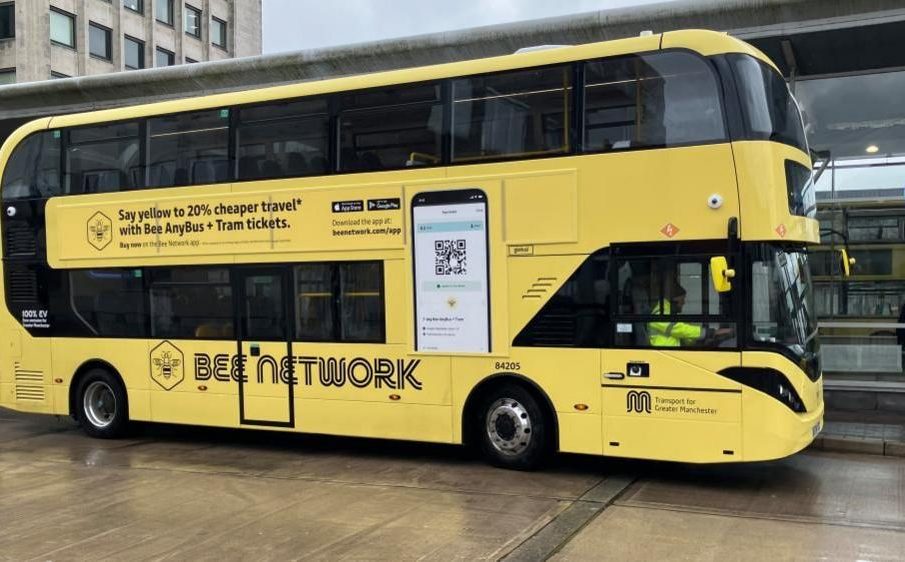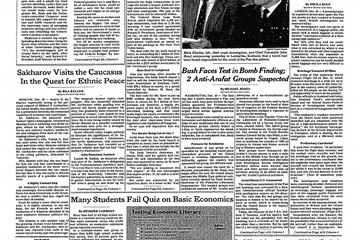Understanding the Bus Strike in Manchester

Introduction
The ongoing bus strike in Manchester has brought public transport services to a standstill, significantly affecting thousands of commuters. With public transit being a vital lifeline for many residents, the strike underscores the broader issues facing transport workers including pay disputes and working conditions.
Details of the Strike
The strike, initiated on October 10, 2023, is being led by the GMB and Unite unions, representing a majority of the bus drivers working for Arriva and First Bus. Having previously held negotiations that failed to meet the demands of the workforce, the unions called for an indefinite strike after reaching a breaking point regarding pay rises that have not kept pace with inflation.
According to transport unions, bus drivers are demanding a wage increase of 10% to counteract the rising cost of living, which has significantly impacted their earnings. As negotiations stalled, union leaders decided to take collective action, advocating for not only better wages but improved working conditions.
Impact on Commuters
The strike has severely disrupted travel across Manchester, with many key routes being completely suspended. The Greater Manchester Combined Authority has reported that essential workers and students are particularly affected, leading to concerns over accessibility to jobs and educational institutions.
Local authorities have urged drivers and passengers to remain patient as alternative arrangements are being explored. Bus operators are advising commuters to seek different modes of transport, including trams and trains, while additional cycling and walking routes are being promoted as part of the city’s effort to mitigate the disruption.
Conclusion
The bus strike in Manchester highlights the critical need for sustainable wage growth in an increasingly tough economic climate. With no immediate resolution in sight, it raises questions about the long-term stability of public transport services in the region. Stakeholders, including local government officials and transport unions, will need to engage in renewed dialogue to address the root causes of the unrest and find a satisfactory resolution that meets the needs of both workers and the commuting public.









